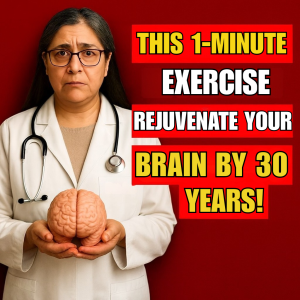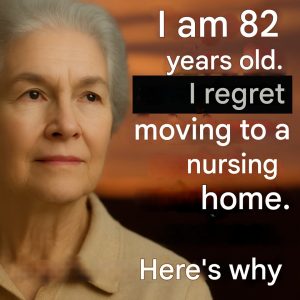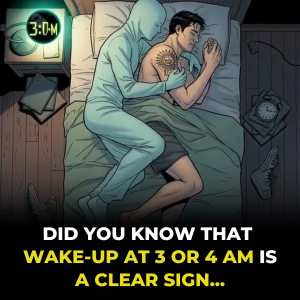
When a heart attack begins, every second matters. Most heart attack deaths occur within the first hour, often because the person is alone and does not reach emergency care in time. While nothing can replace professional medical treatment, recognizing the early signs and taking immediate action can dramatically increase the chances of survival.
Modern cardiology and emergency medicine emphasize one essential principle: the sooner you get help, the better your chances of surviving.
Below is a clear, medically reliable guide on what you should do if you believe you are experiencing heart attack symptoms while alone.
Recognize the Warning Signs Immediately

Heart attack symptoms often include:
- Pressure, tightness, or pain in the chest
- Pain spreading to the arm, jaw, neck, or back
- Sudden shortness of breath
- Cold sweat
- Feeling faint, weak, or unusually fatigued
- Nausea or vomiting
- A sense of impending doom
Symptoms may start slowly or come on suddenly. If you suspect a heart attack, act immediately.
Step 1: Call Emergency Services Immediately
This is the single most important action. Calling emergency services gives you the highest chance of receiving life-saving treatment in time.
If possible, call from a mobile phone so you can stay on the line while following further steps.
Step 2: Stop All Activity and Sit in a Safe Position
Do not attempt to walk around, climb stairs, or drive yourself to a hospital. Any physical effort can worsen the damage.
- Sit on the floor or on a firm chair
- Lean slightly forward
- Stay as calm as possible and focus on breathing slowly
This posture reduces strain on the heart and lowers your risk of collapsing in a dangerous location.
Step 3: Take Aspirin (If You Are Not Allergic and Have Been Advised It Is Safe for You)
A chewable aspirin tablet (usually 160–325 mg) can help slow blood clotting, which is often the cause of a heart attack.
Important:
- Only take aspirin if you are not allergic
- Do not take ibuprofen or other painkillers
- Chew it rather than swallowing for faster absorption
Step 4: Unlock Your Door and Prepare for Medical Responders
If you feel your condition worsening:
- Unlock your front door
- Keep your phone within reach
- Sit or lie in a position that prevents falling
What You Should Not Do

There are many viral techniques online claiming to help during a heart attack, but major medical organizations do not recommend them.
Avoid the following:
- Forceful coughing (“cough CPR”)
This method is not safe for home use and can worsen your condition. - Striking the chest
A chest blow is not a self-resuscitation technique and can cause injury. - Pressing points on the hand
No evidence shows this affects heart rhythm or improves survival. - Driving yourself to the hospital
Many deaths occur behind the wheel. Always call emergency services instead.
These methods can create false hope and delay real treatment.




